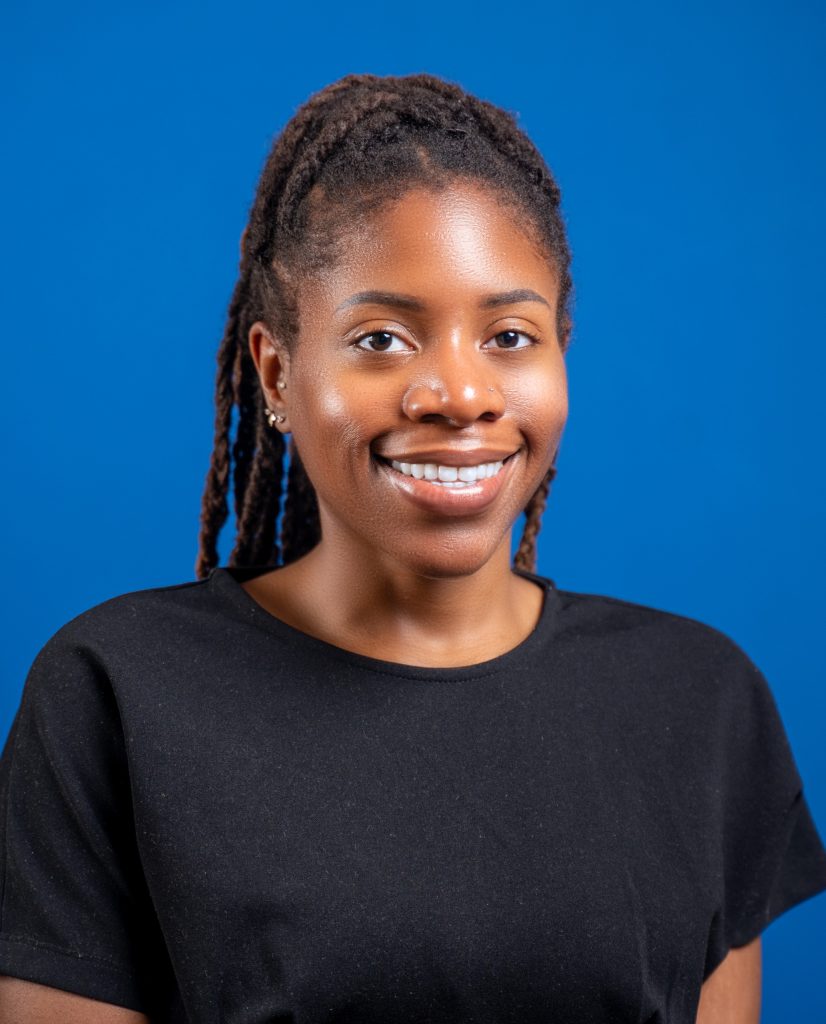By Colette P. Gaston
Prairie View A&M
(PVAMU) The Great Migration is the period from 1910 to 1970 when Black Americans migrated from the southern United States to northern, western and midwestern states. Racial violence, poor economic growth, access to education and voting rights were all motivating factors for Black southerners to find their opportunity elsewhere. In the current political climate, Black Americans are once again feeling the walls of oppression closing in.
Since 2019, there has been a 49% increase in anti-black hate crimes (2020 Hate Crime Statistics) outside of the southern United States, and more anti-black violence is occurring. In May 2022, a grocery store in Buffalo, New York, in a predominately African American neighborhood, was targeted by a white supremacist mass shooter, leaving ten victims dead. In the summer of 2020, the murder of George Floyd by a police officer in Minneapolis, Minnesota, led to global anti-police brutality protests. At a time when it is more apparent than ever that no region of the U.S. is safe from the stench of racism, African American students are looking for safety in numbers.
The United States is currently experiencing economic uncertainty as the economy recovers from its near halt during the covid-19 pandemic. A poignant phrase often spoken regarding how African Americans experience economic downturns in the U.S. says, “if White America has a cold, Black America has the flu.”

This statement, while arguably true amongst the racial collective, is contradicted by graduates from several Historically Black Colleges and Universities. Despite the student loan debt that many African American college students incur in pursuit of their education, HBCU graduates in several states earn higher median incomes than African American graduates with the same education who did not graduate from HBCUs (Hale, 2022). African American students are looking for economic growth for themselves and their families.
There is a conservative resurgence that is demonizing critical race theory and any other pedagogy that presents American students with the opportunity to analyze or criticize the political and social events in the nation’s past. More so, any pedagogy that exposes the sinister nature of the dominant racial, religious and economic culture of the United States. African American influence on American literature, scholarship, STEM and fine arts has been overlooked, ignored or discredited, leaving African American students with few heroes that have not been sanitized to remove all traces of militancy and Black nationalism. African American students are looking for an education that speaks to their unanswered questions.
By the blood, sweat and tears of Fannie Lou Hamer, Lonnie E. Smith, the Student Nonviolent Coordinating Committee, the Southern Christian Leadership Conference and others too numerous to name, African Americans secured the protection of voting rights in 1965. Many of the bodies on the front lines belonged to college students with the same rebelliousness, passion and energy that burns within African American Gen Z students filling out college applications at this very moment. African American students are seeking a safe place for their grievances to be expressed and their voices to be validated. They are seeking someone to help them channel their energy into action, and that will inspire them to be active citizens.
The migration of Black American students to HBCUs shows us that our most natural reaction to the danger of American racism is unity and education. African American Gen Z students are accepting the unification call of Marcus Garvey, Malcolm X, Stokely Carmichael and numerous other leaders. African American students are becoming aware that their public education system has underserved their cultural needs. They are now looking to HBCUs to, in the words of U.S. Representative Maxine Waters, “reclaim their time.”
Coiette P. Gaston, Ed.D., is a history lecturer in the Division of Social Sciences at Prairie View A&M University.








